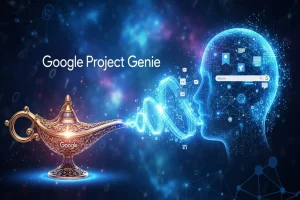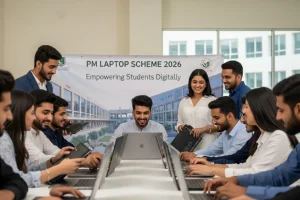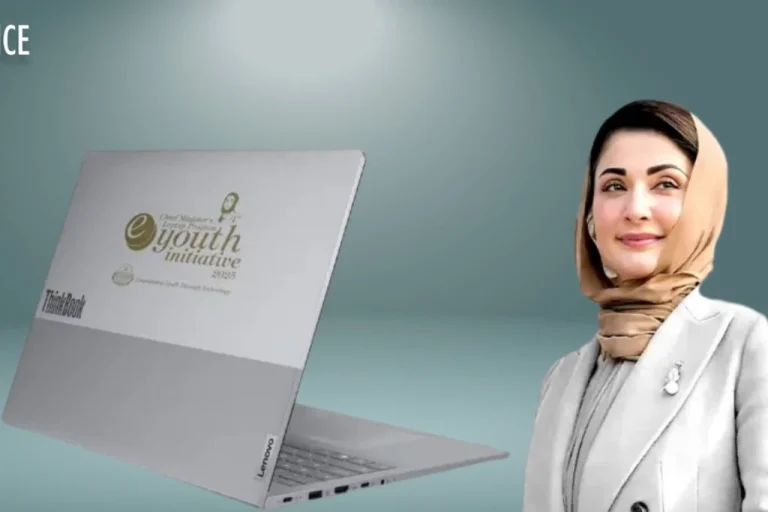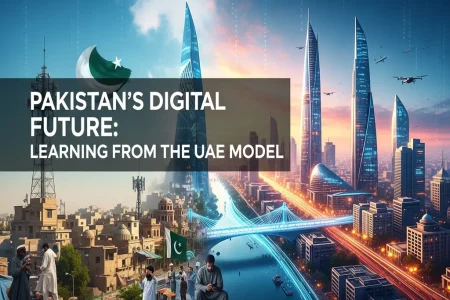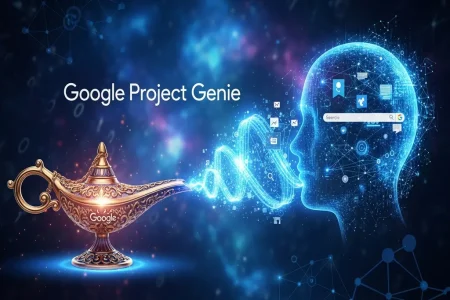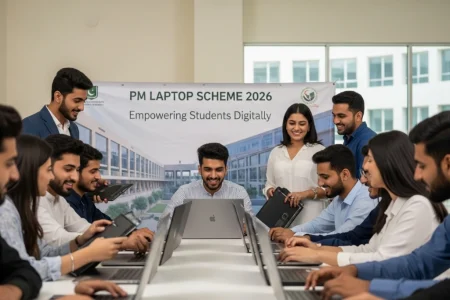The Government of Punjab has officially announced the Punjab Laptop Scheme 2025, a significant step toward promoting digital literacy and improving educational standards. Under this scheme, modern laptops will be distributed among students enrolled in public educational institutions across the province.
Laptop Distribution and Models of Punjab Laptop Scheme
A total of 112,000 high-performance laptops will be distributed, including 13th-generation Core i7 models. The distribution process will begin on October 31, 2025.
Schedule for Punjab Laptop Scheme 2025
- Registration Portal Launch: June 2025
- Application Deadline: September 30, 2025
- Distribution Ceremony: September 6, 2025 (to be inaugurated by Chief Minister Maryam Nawaz)
Eligibility Criteria for Punjab Laptop Scheme 2025
- Applicants must be enrolled in a public university, college, or medical/dental institute in Punjab.
- BS students: Minimum 65% marks.
- Medical/Dental students: Minimum 80% marks.
- Applicants must not have benefited from any previous laptop scheme.
Application Process for Punjab Laptop Scheme 2025
Students will apply online through the official government portal, where they will upload their academic documents and identification details.
The process has been designed to ensure transparency and inclusivity, while the final selection will be made through a merit-based lottery system.
Benefits of Punjab Laptop Scheme 2025
- Provides access to technology for underprivileged students.
- Enables online learning, research tools, and participation in virtual classes.
- Encourages students to improve academic performance.
This initiative builds on earlier successful laptop schemes, such as when 14,000 laptops were distributed in Lahore alone. The program has now been expanded to the entire province, reflecting the government’s commitment to modernizing education and encouraging innovative thinking.
The Punjab Laptop Scheme 2025 not only aims to raise the quality of education but also prepares students for a technology-driven future in line with global trends. It ensures equal opportunities, fosters critical thinking, and provides the tools necessary for advanced research and learning.

